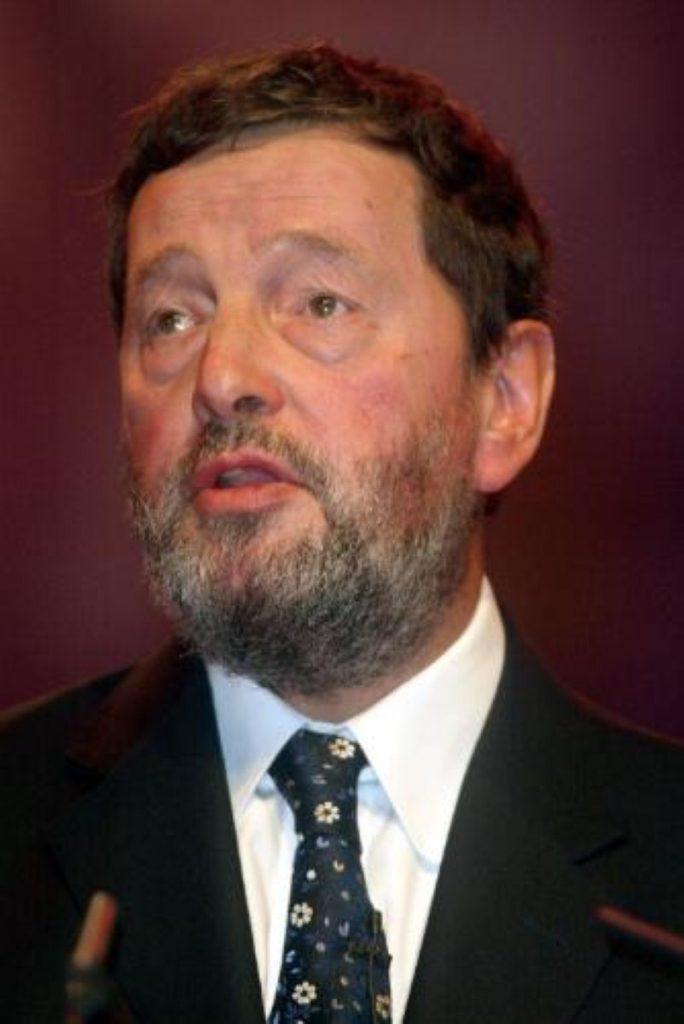Blunkett unveils new anti-terror plans
The Government is considering tough new anti-terrorism laws amid fears of an al Qaeda attack on Britain, Home Secretary David Blunkett has today announced.
Mr Blunkett revealed that officials are looking at a range of tough new measures, which include plans for juryless anti-terror courts and allowing the use of evidence from phone taps in criminal trials.
The Home Secretary aims to introduce new civil orders against people suspected of planning terrorism.
Those breaching such orders could face imprisonment even if they have not committed a crime, he said.


“We’d be able to use civil (orders), like anti-social behaviour orders, to say, if you step outside what we’ve precluded you from doing, if you actually for instance, use this particular banking network, if you, for instance, use the internet and we can identify you’ve done it, then we can move you from the civil into the criminal law, and then we can use the normal criminal justice process,” Mr Blunkett told ITV’s Jonathan Dimbleby programme.
However, the Home Secretary confirmed that any new laws would not be brought in until after the next election.
“It’s not my intention to try and push a bill through this side of the general election whenever the prime minister calls it”.
The Government is currently waiting for law lords to rule on the legality of existing anti-terror laws, which are currently being used to hold terror suspects without trial in Belmarsh prison in London.
The plans, however, have provoked anger from civil liberty groups and political opponents who accuse the Home Secretary of creating a climate of fear to justify despotic anti-terror laws
Shami Chakarabarti of Liberty argued that the emergency anti-terror laws passed in the wake of the September 11th attacks are draconian and discriminatory.
“There is no question that 9/11 was a catalyst for an acceleration of the great authoritarian tradition in home affairs policy”, she said.
Ms Chakarabarti added: “This tradition probably goes back at least ten years and it’s about playing on peoples legitimate fears of terrorism, crime, and so on, and responding not with positive vision, but with tougher and more draconian law and order measures.”
Mr Blunkett, however, argued that the tough new measures are vital for Britain’s security.
“I’m trying to overcome fears by acknowledging them, understanding peoples worries and then dealing with those worries is not to exacerbate, not to enhance, actually to lay aside those fears”, he said.
Mr Blunkett did concede in principle that there is always a threat that in order to protect freedoms you can end up destroying them at the same time.
But he maintained: “Very often in a democracy the state is the only bulwark for people against the encroaching of others into their interests.”
Political commentators say that Labour is putting security and personal safety at the top of its agenda in the run up to the next election.
The Government is expected to announce new measures to introduce ID cards, tackle organised crime and crack down on anti-social behaviour in next week’s Queens Speech.

